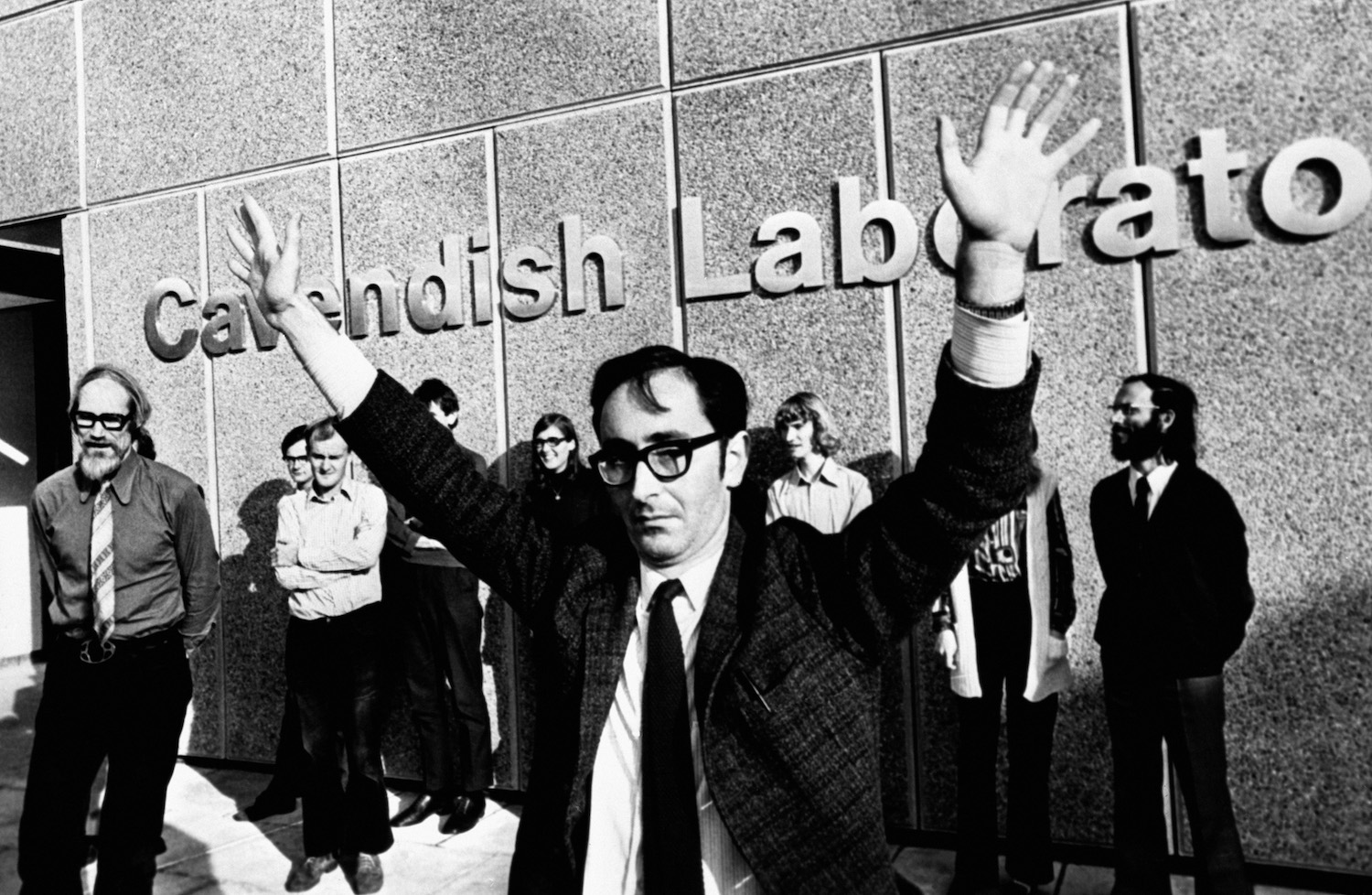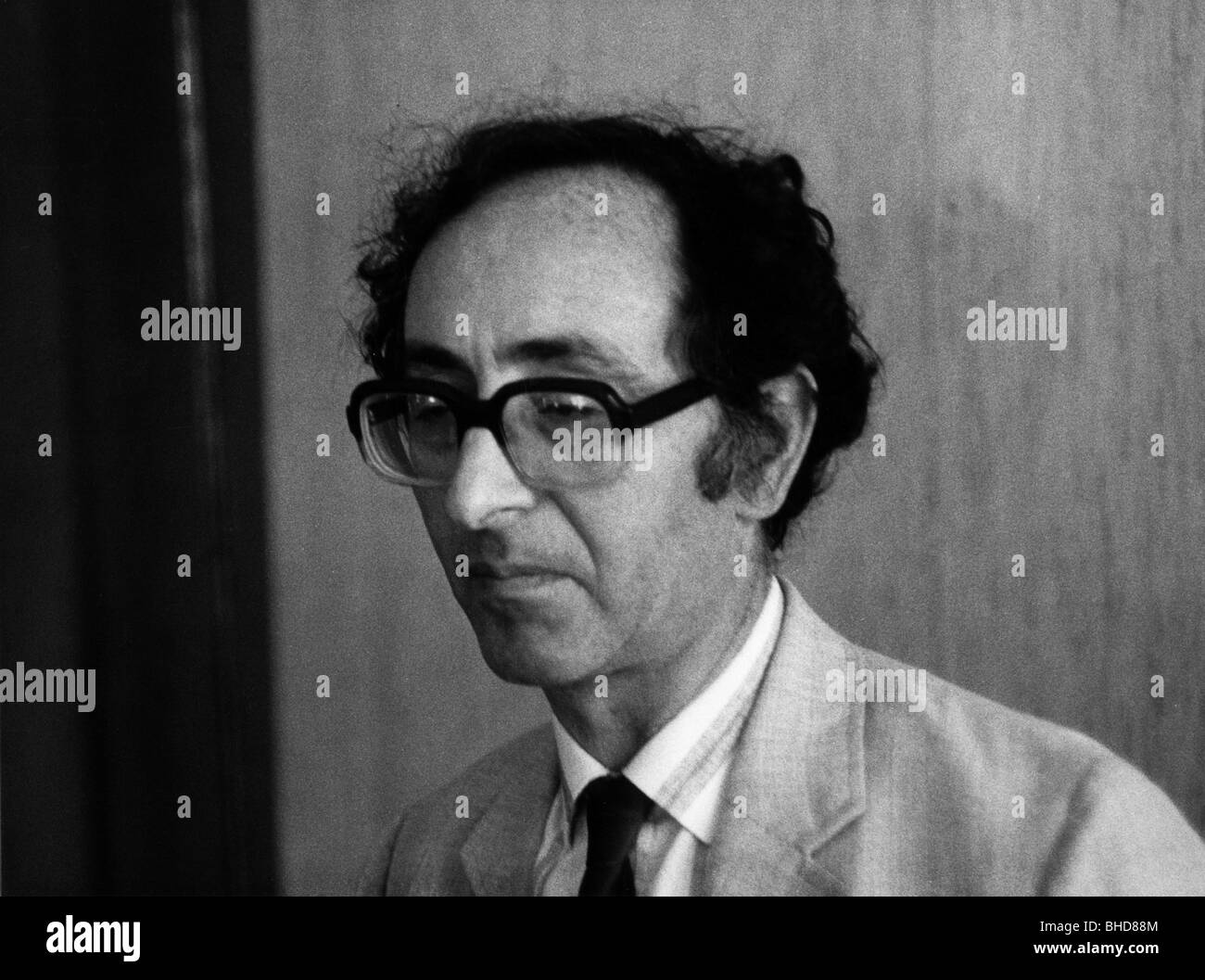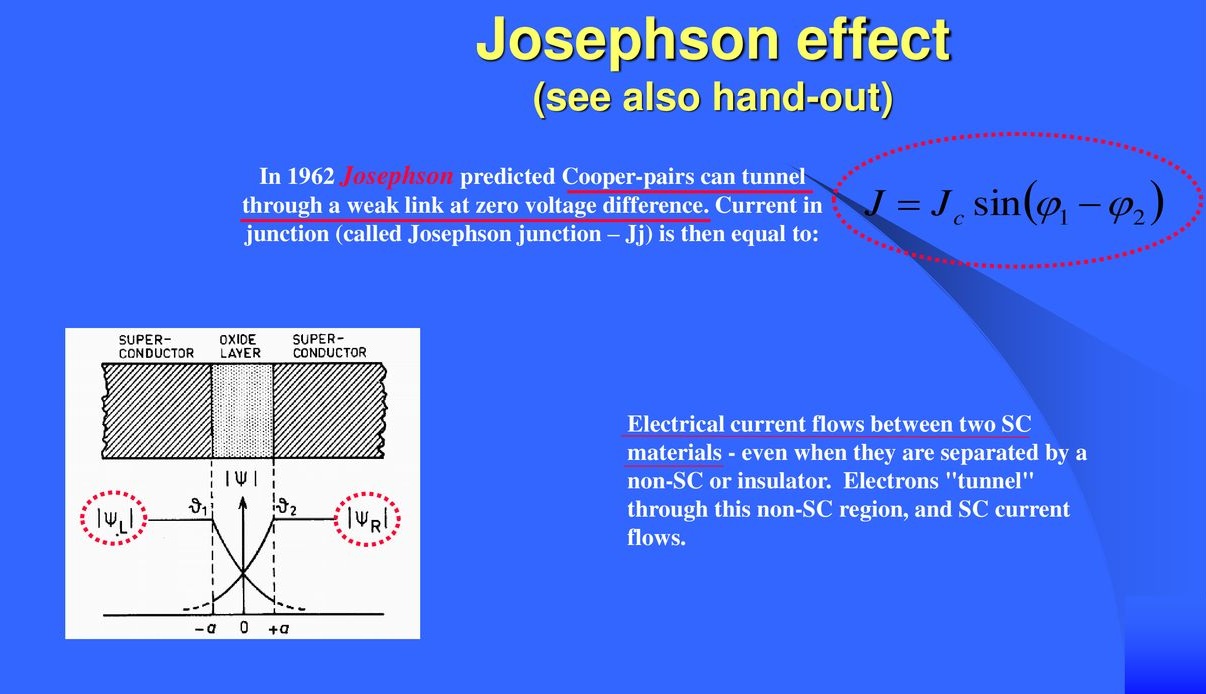
Have you ever paused to consider the profound impact that a single scientific discovery can have on the entire field of science? This is precisely what the esteemed physicist **Brian D. Josephson** accomplished through his innovative research and groundbreaking contributions. In this article, we will explore the fascinating journey of Josephson’s life, delving into the remarkable discoveries he made that not only advanced our understanding of physics but also paved the way for significant technological advancements. We will examine the implications of his work and how it continues to shape various aspects of modern technology, influencing everything from quantum computing to medical imaging. Join us as we uncover the legacy of Brian D. Josephson and the enduring effects of his pioneering achievements in the world of science.
Early Life and Education

Born in Cardiff
Brian D. Josephson entered the world on January 4, 1940, in the lively city of Cardiff, located in Glamorgan, Wales. Growing up in such a culturally rich environment, he was surrounded by a plethora of ideas and opportunities that sparked his innate curiosity and thirst for knowledge from a very young age. This vibrant backdrop played a significant role in shaping his intellectual pursuits and aspirations, laying the groundwork for his future achievements in the field of science.
Academic Journey at Trinity College
Josephson’s academic path took a pivotal turn when he enrolled at Trinity College, Cambridge. Initially, he embarked on a course of study in mathematics, a discipline that intrigued him. However, as he delved deeper into his studies, he discovered a profound passion for understanding the fundamental principles governing the physical universe. This revelation prompted him to shift his focus from mathematics to physics, a decision that would ultimately define his career. He successfully completed his bachelor’s degree in 1960, and his academic journey continued with the attainment of both a master’s degree and a Ph.D. in 1964, marking significant milestones in his educational development.
First Publication
Even during his undergraduate years, Josephson was already making significant contributions to the academic community. His first publication, which emerged from his early research, explored intricate aspects of the special theory of relativity and the Mössbauer effect. This groundbreaking work not only highlighted his exceptional intellect but also set the stage for his future endeavors in the realm of physics, showcasing the early signs of the brilliance that would later earn him widespread recognition and acclaim.
The Josephson Effect

Understanding the Josephson Effect
One of the most profound contributions made by physicist Brian D. Josephson to the field of physics is the phenomenon known as the Josephson effect. This remarkable effect occurs when two superconductors are separated by a very thin insulating layer, which enables the flow of electrical current between them without the need for any applied voltage. This unique characteristic challenges conventional notions of electrical conduction and has significant implications for both theoretical and applied physics.
Theoretical Foundations of the Effect
Josephson built upon earlier research related to quantum tunneling, a phenomenon where particles, such as electrons, can traverse barriers that would typically be insurmountable according to classical physics. He proposed that when a voltage is applied across the junction of two superconductors, the current would not merely cease but instead oscillate at extremely high frequencies. This groundbreaking idea fundamentally altered the scientific community’s understanding of superconductivity and opened new avenues for research.
Experimental Validation of the Theory
Josephson’s theoretical predictions were not merely speculative; they were rigorously tested and confirmed through a series of experiments. This experimental validation provided strong support for the earlier BCS theory of superconductivity, which describes the behavior of superconducting materials. The successful confirmation of the Josephson effect marked a significant milestone in the field of physics, paving the way for a multitude of technological advancements, including applications in quantum computing and highly sensitive magnetometers.
Impact on Technology

Transforming the Landscape of Computing
During the 1980s, a pivotal moment in the evolution of computing occurred as researchers at IBM began to harness the groundbreaking discoveries made by physicist Brian D. Josephson. His work laid the foundation for the Josephson Effect, which enabled the development of experimental computer switch structures that promised to revolutionize the speed and efficiency of computing technology. These innovative switches were projected to operate at speeds that were an astonishing 10 to 100 times faster than the conventional silicon-based chips that dominated the market at the time. This leap in technology not only opened new avenues for computational capabilities but also set the stage for the advanced computing systems we rely on today.
Table: Significant Contributions of Brian D. Josephson
| Year | Contribution | Impact |
|---|---|---|
| 1962 | Theorization of the Josephson Effect | Established the groundwork for the field of superconducting electronics |
| 1973 | Awarded the Nobel Prize in Physics | Recognition of his pioneering contributions to the field of physics |
| 1980 | Development of IBM’s Experimental Switch | Significant advancement in the realm of computing technology, leading to faster processing speeds |
Academic Career

Teaching and Research
After his groundbreaking discoveries, Josephson continued his academic career. He spent time as a research professor at the University of Illinois before returning to Cambridge as an assistant director of research. His dedication to teaching and research earned him a promotion to professor of physics in 1974.
Recognition and Awards
In 1970, Josephson was elected a fellow of the Royal Society, a testament to his contributions to the field of physics. His work not only earned him accolades but also inspired countless students and researchers.
Exploring Beyond Physics

Interest in Eastern Mysticism
In the years leading up to his Nobel Prize, Josephson began exploring the intersection of science and spirituality. He became intrigued by Eastern mysticism and its potential relevance to scientific understanding.
Consciousness and the Physical World
In 1980, he co-edited a collection of proceedings from a symposium on consciousness held at Cambridge. The book, titled Consciousness and the Physical World, sparked discussions on the relationship between consciousness and physical reality.
Controversial Views
Josephson’s interest in topics like parapsychology, cold fusion, and homeopathy made him a controversial figure in the scientific community. While some praised his open-mindedness, others criticized him for straying from conventional science.
Retirement and Legacy

Retirement from Academia
In 2007, Josephson retired from his professorship, but his legacy continues to influence both physics and technology. His discoveries have laid the groundwork for advancements in various fields, including quantum computing.
Continuing Influence
Even after retirement, Josephson remains a prominent figure in discussions about the future of physics and technology. His work serves as a reminder of the power of curiosity and the importance of thinking outside the box.

Brian D. Josephson’s journey from a curious student in Cardiff to a Nobel Prize-winning physicist is nothing short of inspiring. His contributions to the field of superconductivity and the Josephson effect have not only advanced our understanding of physics but have also paved the way for technological innovations that shape our world today. So, the next time you marvel at the speed of your computer or the wonders of quantum technology, remember the brilliant mind behind it all—Brian D. Josephson.

